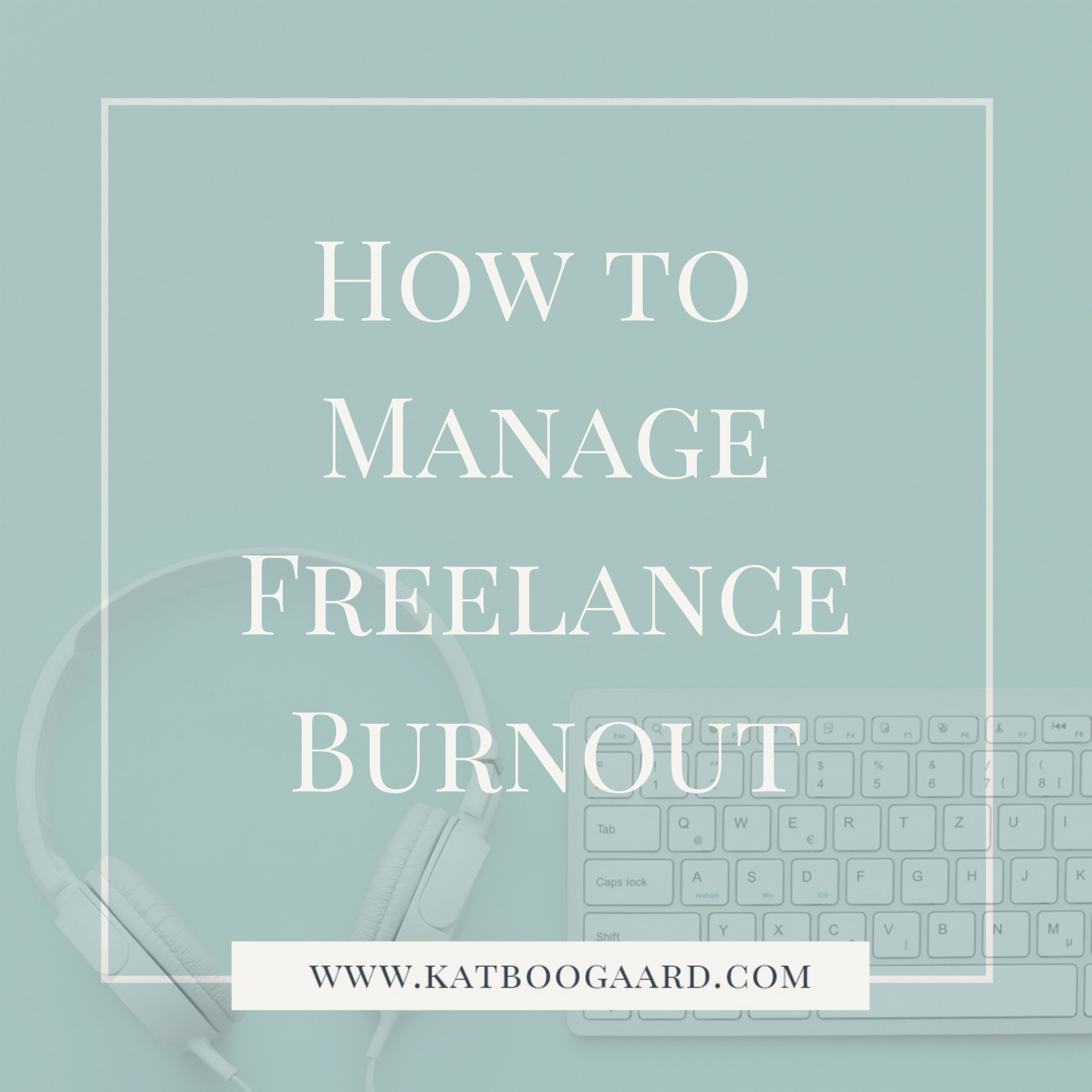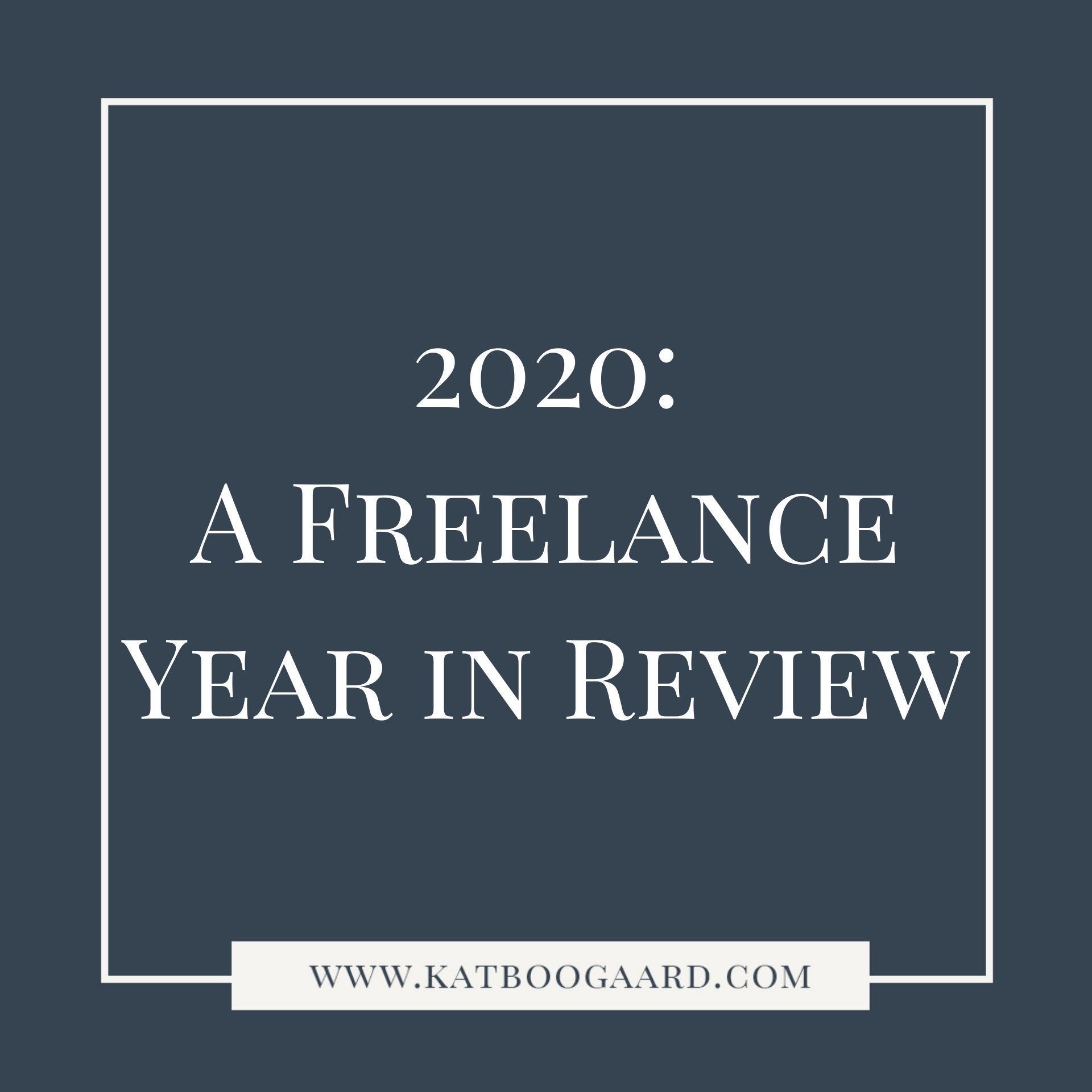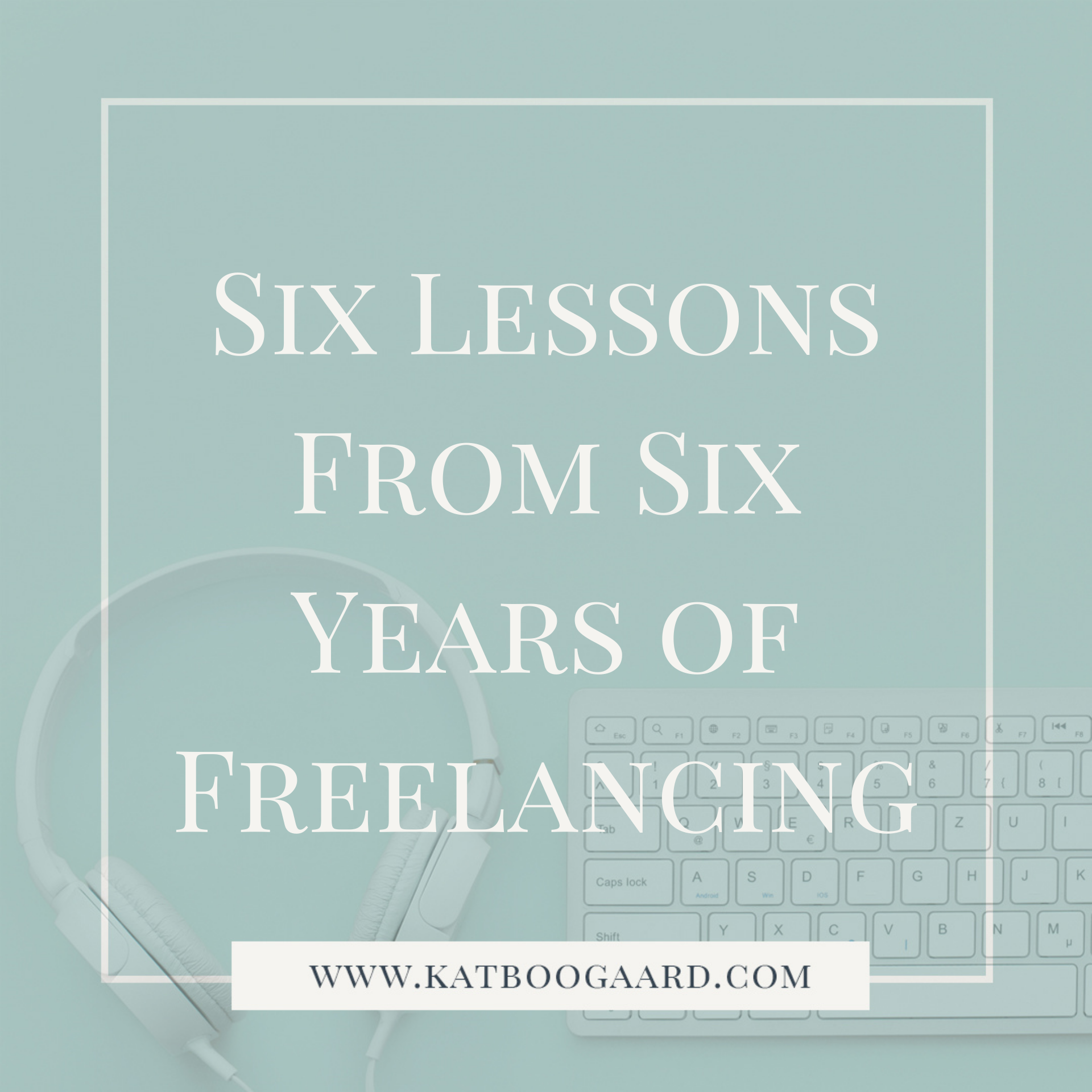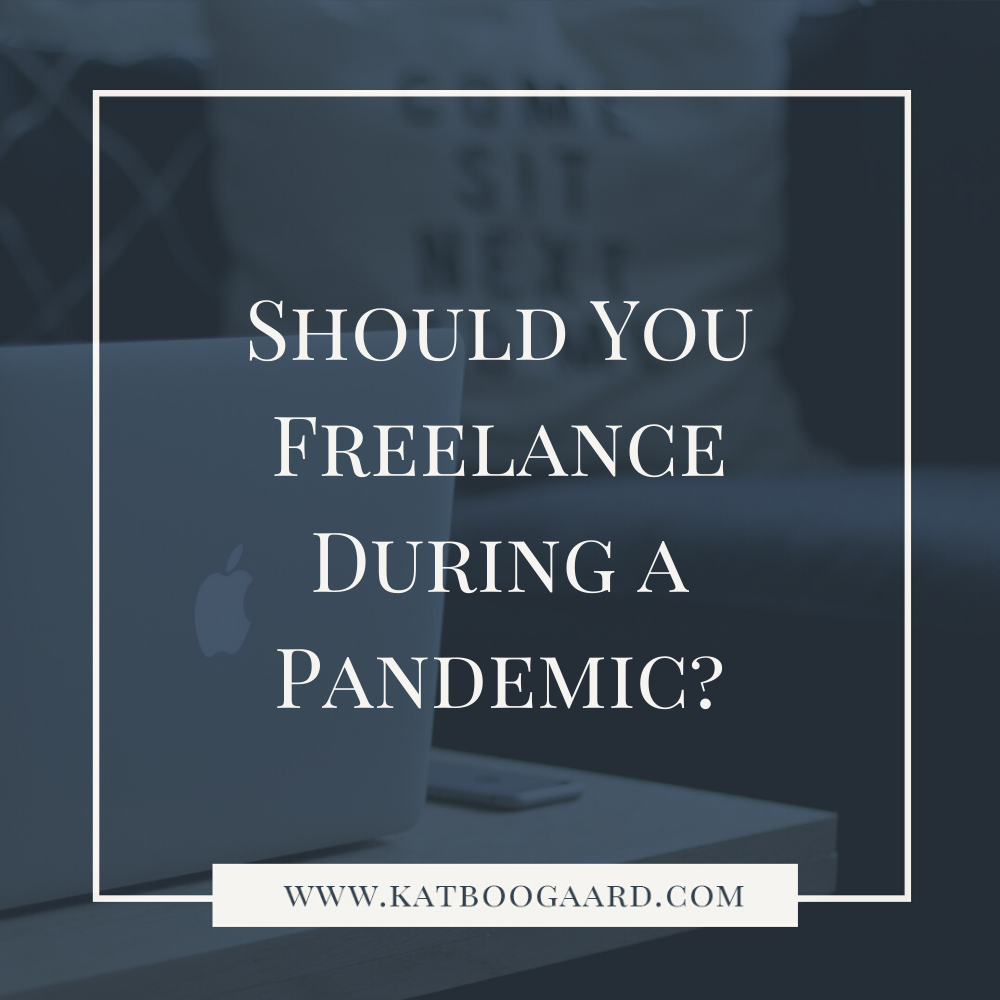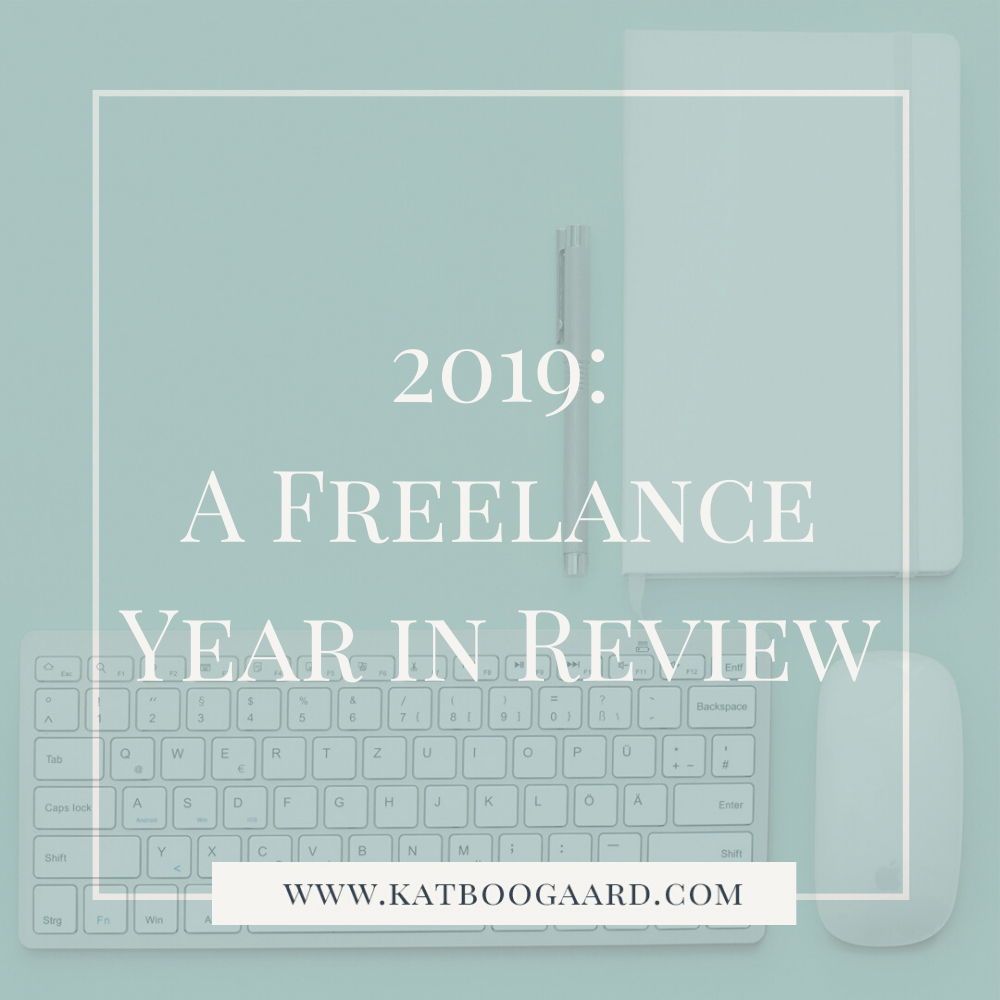
Taking the Leap Into the Freelance Life?
So you’ve decided to give this whole freelancing thing a try. You’ve already spent countless hours Googling. Or maybe you haven’t because you can’t even figure out what to Google in the first place.
I’ve been there. Seriously, I’ve built my own freelance business on ridiculous search terms (cough “how do I send an invoice?” cough), hard-won knowledge, and a whole lot of trial and error.
Yep. My own journey to a successful freelance business was a bit of a bumpy one—and it’s a route I want to spare you from repeating.
That’s exactly why this page exists. I’ve pulled together targeted products, blog posts, and even straight-up answers so that you can skip the unhelpful search results and download years’ worth of freelance wisdom directly from my brain to yours. Shhh…Google never has to know.
I’m here to get you through all of those “Oh $#!+ I have no idea what I’m doing” moments.
for new freelancers
Resources and Tips
Products to Kick Off Your Freelance Business
Freelance FAQs (and Actually-Helpful A’s)
Starting a freelance career comes with a lot of questions.
What’s an invoice number? How do I create a contract? Where are all of the clients hiding? What the heck am I doing?
It can be tough to find the straightforward answers you need (and let’s face it—some questions don’t even have straightforward answers).
I always try my best to tell it like it is. So, I’ve pulled together some of the questions I’m most commonly asked by brand new freelancers, along with my most-helpful and honest answers.
How do I know when it’s time to quit my job and go full-time with freelancing?
Sigh. How I wish there was a clear cut answer to this question—but only you can decide when the time is “right” to take the leap.
The route I typically recommend is to start freelancing on the side of your current job. Check your employment contract (if you have one) to make sure your employer is okay with you freelancing.
This not only gives you the opportunity to build up the start of your client base while you still have the stability of a paycheck, but it also means you can try your hand at freelancing and see if you actually enjoy it.
Money is one of the biggest real-world concerns when you’re considering jumping ship from your full-time job. I think it’s smart to save enough to cover at least three to six months of your living expenses. Getting a freelance business up and running takes time and you’ll be grateful to have that financial cushion.
Can I actually make a living as a freelancer?
Absolutely! Freelancing often inspires visions of instability and uncertainty—as if you’ll be swimming in cash one month and searching your couch cushions the next.
Sure, there are some “feast or famine” periods. But, I’ve found freelancing to be both a steady and a lucrative career choice. In fact, I surpassed what I earned in my traditional full-time job by my second year. Now, my freelance business has generated over six figures in revenue for the past several years. You can learn more about my income here.
So, can you make a living as a freelancer? You bet. Will you? That’s completely up to you. It doesn’t happen overnight and success requires talent, patience, and perseverance.
Is freelancing super competitive?
It depends on your definition of “competitive.” Will there be other people trying to make a living doing exactly what you’re doing? Of course. But the same can be said for literally any other career.
In that sense, freelancing can be cutthroat—especially as it becomes an increasingly-popular career choice. You’ll be up against other freelancers for the same clients and projects.
However, I’ve found the freelance community to be way more collaborative than I ever imagined. I have a pretty large network of fellow freelancers I can turn to for advice, encouragement, and even some good ol’ fashioned commiseration.
That’s why some of the best advice I can give you is to connect with other freelancers. It might seem counterintuitive, but it can be a huge boost to your business. In fact, I’ve landed some of my best clients and gigs from other freelancers who referred me.
Not sure how you can find fellow freelancers? I’ve rounded up some of my favorite communities (including one of my own) for you here. Some are writing-specific while others are geared toward all types of freelancers:
Do I need an official business entity to start freelancing?
Nope. You don’t need one in order to start freelancing.
In the United States, if you don’t go through the process and paperwork of setting up a business entity for your freelance business (like an LLC, for example), then you’re operating as a sole proprietor. In the simplest terms, this means there’s no legal distinction between you as an individual and your business.
With that in mind, there are advantages to establishing a business entity, such as that separation between you and your business and maybe even greater credibility with clients. But, if you’re super intimidated by it, don’t let it be the thing that holds you back from getting started. You can always set that up once you have your feet under you.
What are the first steps you recommend to new freelancers?
A few things I recommend taking care of sooner rather than later include:
- Creating a website: It doesn’t need to be anything fancy, but it’s helpful to have some sort of online resource to share with clients.
- Updating your social media bios: Include “freelance [profession]” (e.g. “freelance writer”) in your social media bios. It helps you solidify and promote your new freelance reputation, plus it means you’ll show up in search results when potential clients look for someone with your skills on those platforms.
- Figuring out an accounting system: It’s not exactly the sexiest topic, but trust me when I tell you that you don’t want to get months into freelancing and then have to work backward through all of your numbers. Some freelancers love accounting software while others get by with just a spreadsheet. The important thing is to find something you can stick with.
- Contacting your existing network: When it’s time to find your first clients, you don’t need to jump right in with job boards and cold emails. Send friendly, personalized emails to people in your existing network to let them know what services you offer and who you’re looking to work with. You never know who they’re connected with!
Where and how do I find my first freelance clients?
Finding my first freelance client(s) reminded me a lot of finding my first job out of college: I needed experience to get a job, but I needed a job to get experience.
Some freelancers turn to Upwork or Fiverr to land their first projects—and many have been successful doing so. However, I stayed away from those big platforms when I was getting started. Instead, I opted for:
- Reaching out to my existing network to loop them in on my new freelance business and ask them to refer me if they heard of someone looking for my services.
- Perusing job boards for calls for freelancers. There’s admittedly a lot of competition for these projects, but I landed a gem every now and then.
- Searching social media for key terms. You’ll be surprised by how much you can turn up by typing “looking for a freelance [profession]” in the search bar.
- Sending targeted cold emails to different people and companies I wanted to work with. Cold emails get a bum rap, but they can be surprisingly effective when they’re done thoughtfully.
If you’re chomping at the bit to land your first freelance client, I have a self-paced course that walks through the nitty gritty of all of these steps (and more!).
How do I get health insurance as a freelancer?
Get married. Just kidding. Although, my husband and I often joke that we got married for the health insurance. Oh, and love. Also that.
I understand that benefits are a major, real-world concern when you’re thinking about pursuing a freelance career—even more so if you have a family.
Don’t worry—I won’t leave you high and dry. Here are a few resources and informational pages that can help you get started on the daunting journey of securing your own health insurance:
Do I seriously need a freelance contract?
Yes. Yes. Yes. A million times yes. While having a signed contract with your freelance clients doesn’t make you bulletproof (unfortunately, there are bad clients who won’t honor your agreement anyway), it’s still one of the best things you can do to protect yourself.
Your contract should spell out your expectations—we’re talkin’ deliverables, rates, payment terms, communication methods, and more—as well as typical legal stuff like what it means to be an independent contractor and how you or your client can go about terminating the agreement.
Don’t feel like your contract needs to be super lengthy and complex—somethin’ is always better than nothin’. But, if you want to skip the sense of overwhelm as you wade through legal jargon, my customizable contract template was created in collaboration with a small business attorney so you can get some much-needed peace of mind (without your eyes glazing over).
How do I figure out what to charge?
So many freelancers ask questions about rates in the hopes that somebody can tell them, “Oh, charge $550 for that project.” But here’s the truth: The “right” rate is different for everybody. It depends on your experience. Your goals. The scope of your project. And so much more.
That means I can’t tell you exactly what to charge—you have to figure that out for yourself. However, that doesn’t mean you should pull numbers out of thin air. Instead, set an income goal. How much do you want to earn freelancing in one month?
If you decide you want to make $5,000 freelancing in a single month, you know you need to do five projects at $1,000 each. Or 10 projects at $500 each. You get the idea.
Will this spit out a perfect number every time? Absolutely not. But, it gives you a starting point and helps you set rates with a broader strategy as opposed to picking numbers that you think “sound right” in the heat of the moment.
Still feel stuck? Here are some of my favorite resources about setting rates. Some of them are geared specifically toward writers but could still be helpful for other types of freelancers looking for a place to start:
Get even more freelance advice (and job leads) sent straight to your inbox.
Join the thousands of freelancers who are learning how to start or run better businesses. My monthly newsletter offers tips and advice, articles and resources, and a roundup of freelance job leads. Sign up and you’ll instantly receive my list of nine places to look for freelance clients right now.
You're in!
yes...
